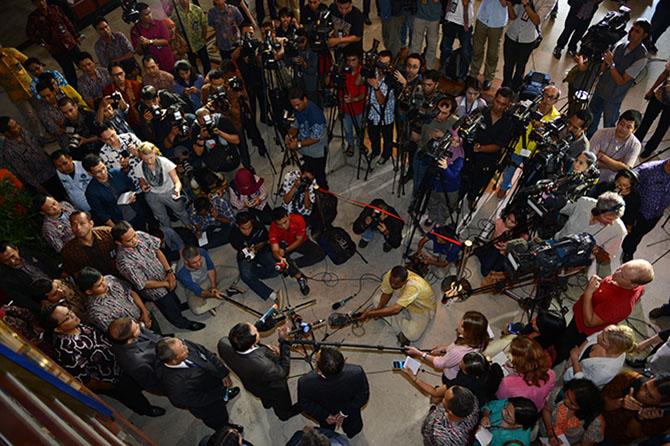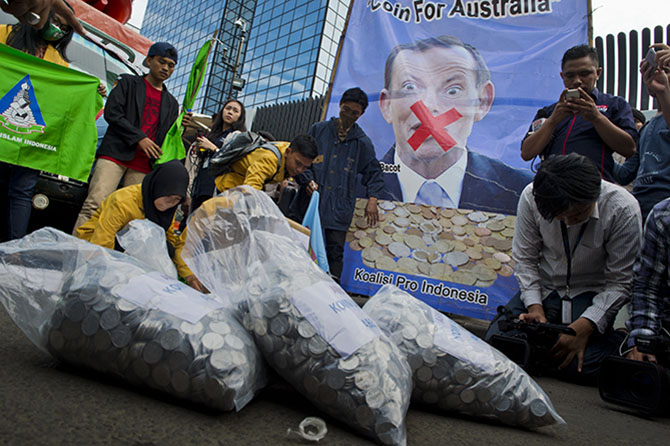
The majority of reporting about the Corby trial was a detriment to Australian journalists’ integrity, professionalism, objectivity and truth as they reported from Indonesia. The Corby trial also showed how Australian media organizations were willing to parachute journalists in who did not have prior knowledge of Indonesia. This comes as a result of changes in technology, and in travel and editorial pressures, which have led to more Australian journalists flying directly into Indonesia when a major story breaks. But increasing the number of reporters does not mean the reporting of an event becomes more accurate. In fact, when there is an increase in competition for headlines and audience attention, reporting usually becomes more sensationalist. Parachute journalism has become a popular way of covering Indonesia and is increasingly framed around domestic audience preferences or preconceived attitudes. The importance of fast, immediate news from Indonesia has meant the power lies more at the hands of editors shaping rolling news stories and the parachute journalists, rather than the usually more well-informed resident correspondents.

Indonesia and Tony Abbott
In August 2012, the Australia Network, Radio Australia and the ABC’s digital arm, Australia Plus, became integrated to become ABC International. An internal “ABC International Indonesia Review” report in October 2012 stated that Australia “has a lack of brand recognition in Indonesia,” and that not enough was being done to make people “turn their heads.” It explicitly mentioned “how we do news” as an important avenue for Australia’s soft diplomacy mission. Its key recommendation was that connections be fostered with large media organizations in Indonesia, and that resultant “partnerships should reflect our international objectives: develop a robust, diverse and public interest-driven media that promote the exchange of ideas (between Indonesians and Australians).”
“Content sharing” is a rapid and transformative development of 21st century digital media. The Indonesian mainstream media landscape has become a place of increasing conglomeration and platform convergence. ABC International formed impressive and unique partnerships with Indonesian media companies, including Detik.com, Kompas Gramedia, Republika Online and others. ABC International provided these companies copy that had been translated into Indonesian at no cost, in the hope that more Australian news would enter the Indonesian media sphere. However, the results of these partnerships did not please the government of Prime Minister Tony Abbott, leading to further discussions surrounding the role of the media in hindering Australia-Indonesia relations.







 resized.png)
